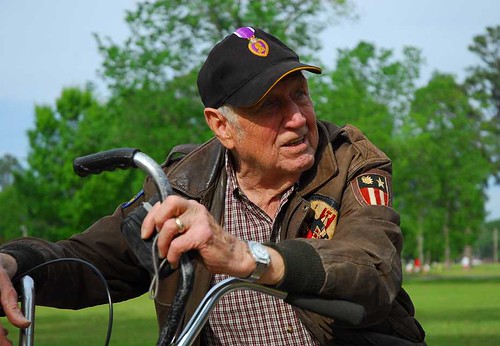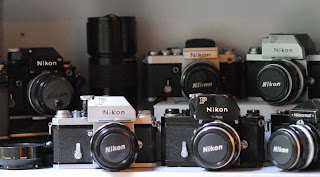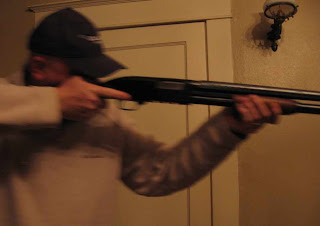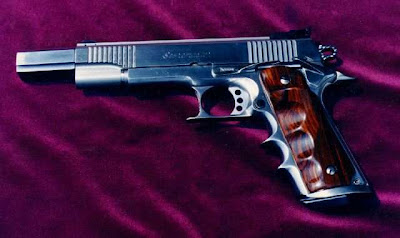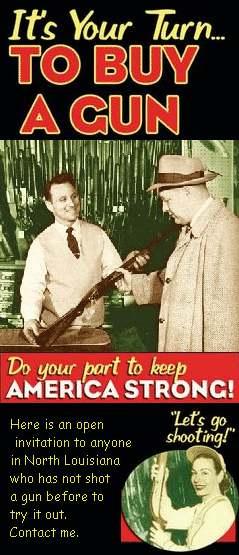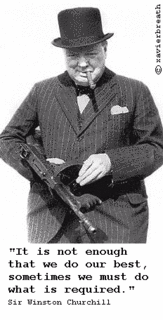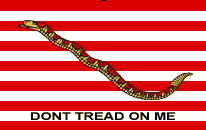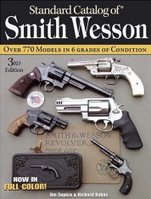The Dance of Light
 One of the more
One of the more There is a time at sunrise and at sunset when hues become intensely saturated in the fading light. At twilight, the light from mercury vapor street lamps and incandescent and neon lights add to the music. I am finding myself prowling the streets with my camera more and more at these times of day to catch the dance of the fading light across buildings and structures.
When I was in Japan, I was stuck by what I called the colors of Nippon. Pink bulldozers, lavender bridges, and other pastel colors on strong, masculine things created a softness that was unusual, unexpected, and somewhat amusing to my western eyes.
 Now that I am landlocked back in the Southern United States, I am finding the familiar prevalence of religious icons interesting. When combined with the saturated colors attainable at twilight, the combination can be rather bizarre and unsettling.
Now that I am landlocked back in the Southern United States, I am finding the familiar prevalence of religious icons interesting. When combined with the saturated colors attainable at twilight, the combination can be rather bizarre and unsettling.I find myself taking the long way home to evaluate another set of decorated crosses beside the road, another facade on an itinerant preacher's refuge, or the symbolic professions of faith that a farmer might erect beside the road. The South is ripe with such spirituality.
Although they have been photographed to a cliche, old Louisiana cemeteries are another source of this type of spiritual symbology. Among the Woodsmen of the World tombstones and disintegrating marble crypts
 stands proud statuary meant to immortalize those who have long turned to dust. These monuments to spiritual beliefs interest me as well, even if they have been photographed over and over again.
stands proud statuary meant to immortalize those who have long turned to dust. These monuments to spiritual beliefs interest me as well, even if they have been photographed over and over again. It's my hope that I can photograph them in a new way, and that I can do so in a manner that shows respect, but also illuminates and causes the viewer to ponder the belief systems that join people together. If nothing else, perhaps the images will simply be a reminder to myself that a person is made up of more than flesh and bone.
Labels: Photographs, Photography




